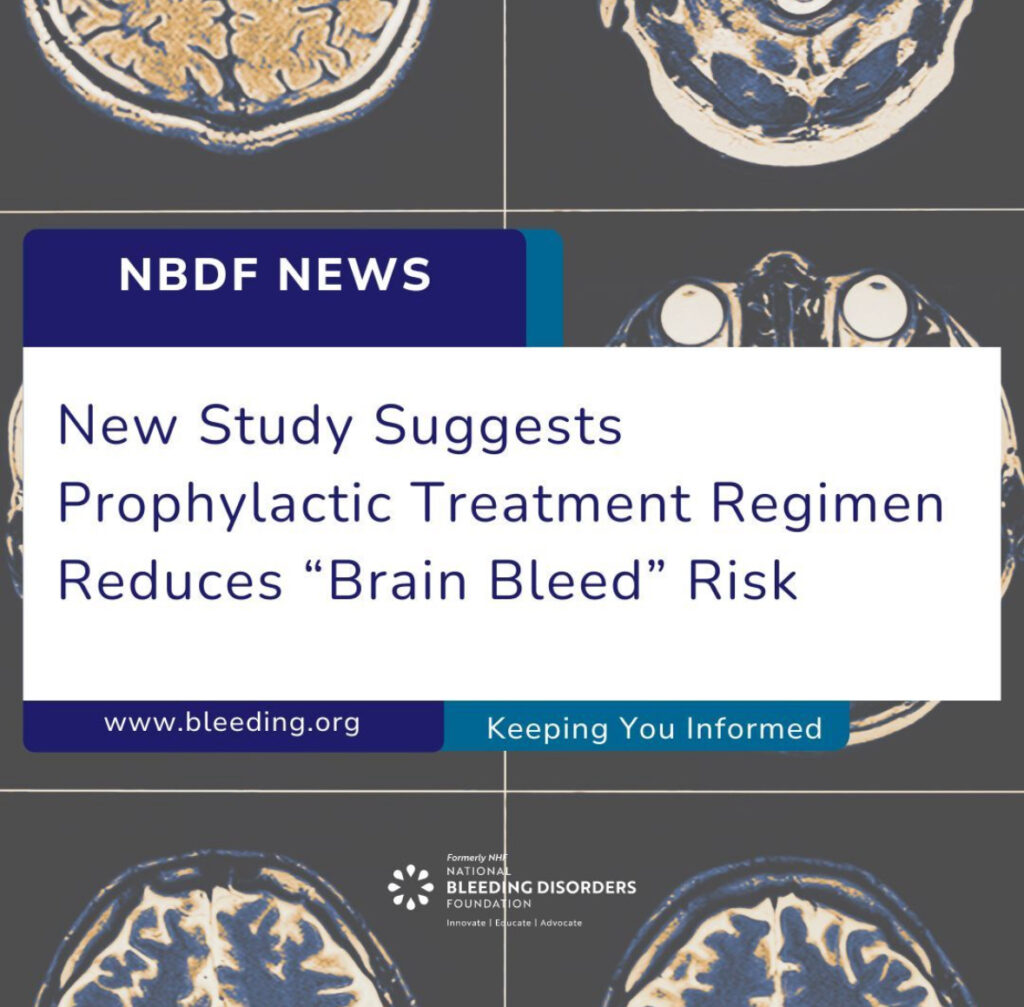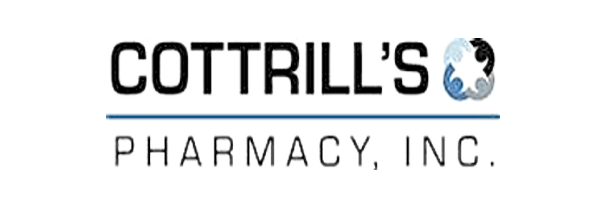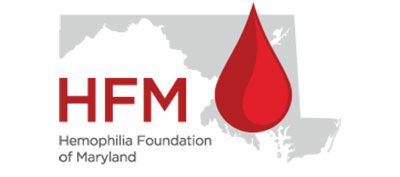May 23, 2024
Results of a new study published in the Journal of Blood Medicine (JBM), indicate that people with hemophilia A (HA) who have been on a prophylactic treatment regimen have a reduced risk for intracranial hemorrhage (ICH).
Often referred to as a “brain bleed,” ICH is a very serious event whereby blood accumulates within parts of the skull, including the brain itself. This can result in built up pressure which can block critical oxygen and nutrients from reaching brain cells and tissues. ICH events that are not treated expeditiously can result in major disability and even death. These type bleeds can occur spontaneously or triggered by something specific such as trauma. While people with hemophilia are at some risk for ICH, any given patients’ risk level will vary and depend on a variety of factors.
Authors of the JBM paper used retrospective data from the ATHNdataset to inform their research, eventually identifying 7,837 hemophilia A patients between two and 75 years of age. Included in the study were moderate and severe HA males (assigned at birth) who had hemophilia treatment center visit information from January 1, 2010, through September 30, 2020. The median follow-up period was 10.7 years.
Their investigation showed that 135 of 7837 of the subjects (1.7%) experienced an ICH. A review of the data pointed to several factors associated with a higher risk including being in the 2–12-year age range; being covered by Medicaid; having had HIV, hepatitis C, or hypertension; and never having received factor VIII replacement therapy or prophylactic treatment. The authors also conveyed that these results align with earlier studies which demonstrated that prophylaxis provides a “protective effect” against ICH. Read More



